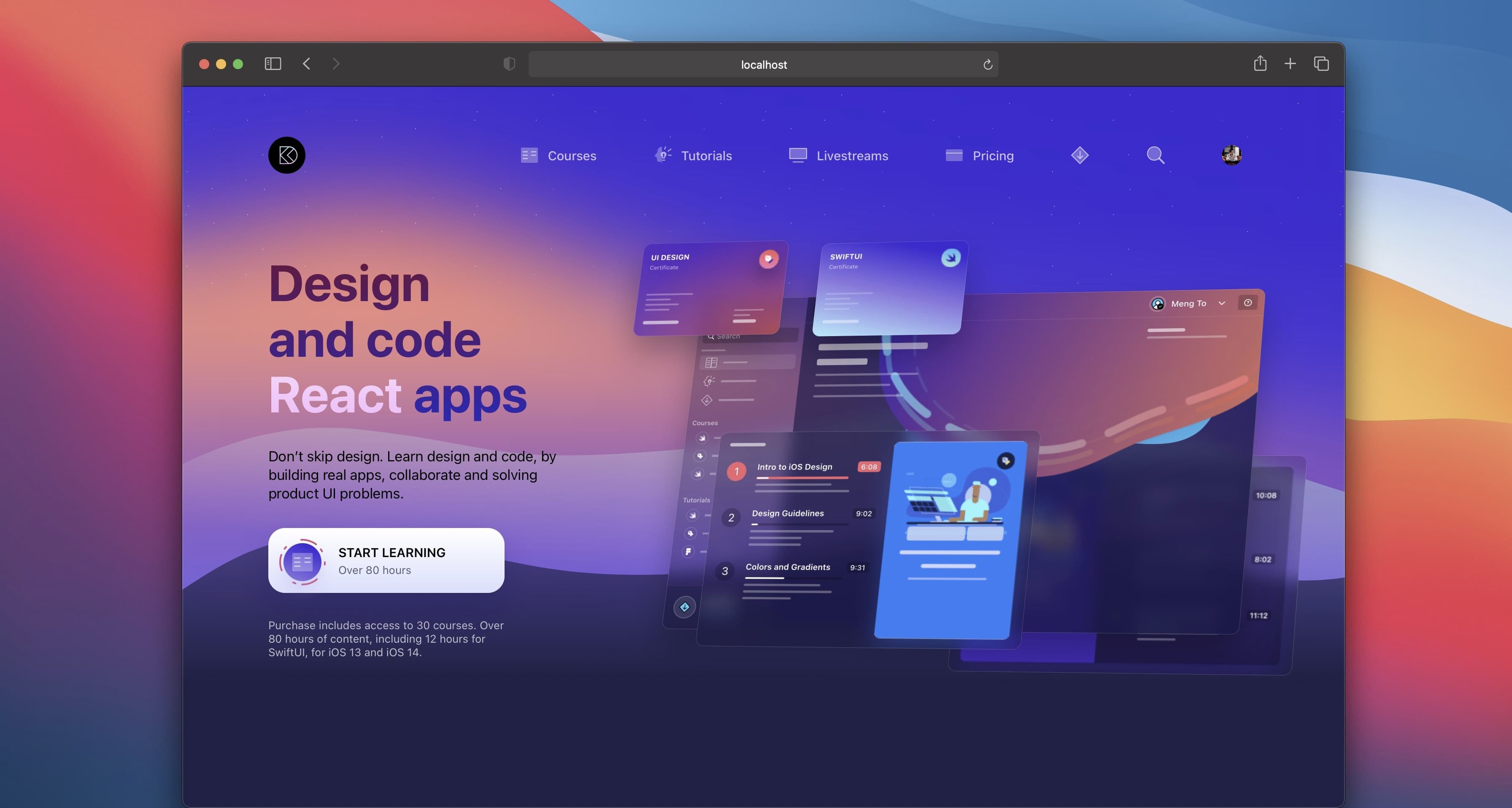A Detailed Comparison Between Native and Cross-Platform Iphone app Development

There are practically 5 million applications available on the two the Google Carry out Store and the iOS App Store focusing on more than 14 billion mobile gadgets globally. If you are planning to be able to build and start your business software, just about the most crucial decisions you have to make is choosing the particular right approach regarding building your application - native program development or cross-platform mobile app advancement.
You need to be able to select one from the particular two keeping many factors in mind like the development cost, the performance with the app, the software development time, your budget, and many other items.
Now, listed here are the particular pros and downsides of both local and cross-platform program development that may help you choose the right one as per your requirements and needs.

What is native application development?
Native app development primarily focuses on a single specific platform. Basically, local apps are made particularly for a single platform at the time, either iOS, Android or House windows.
And in this kind of type of app development approach, the particular apps leverage the features of a specific Main system and features of the devices running on that particular OS such as GPS, camera, gyroscope, gravity sensor, plus more. Also, native applications can be developed faster and even more easily just contemplating the features plus guidelines of the specific platform.
Right here are the pros associated with native application growth:
Higher Performance: Indigenous apps show better performance regarding responsiveness, speed, and in business efficiency. And also this is mainly because these applications are built using key APIs and encoding languages specific into a single platform. Likewise, these apps could leverage the running speed of the device, ensuring decrease loading time.
Comprehensive Functionality: One of the biggest advantages of using a native app is the kind of application can easily access almost most the features and functionalities in the platform or even OS it is made for. And also this results in the better user knowledge.
A Great UX: native applications have a great UX that is certainly synonymous with typically the platform for which usually it is produced. These apps provide a consistent feel in addition to look to all consumers of the system.
Better Store Assistance: Native apps are easier to publish because these are built intended for a specific program.
Cons of getting a new native application:
Expensive: Building a native application can get more expensive as an individual need to get the app constructed separately for the specific platform of which is once regarding Android and after that once for iOS etc if a person want to release it on extra than one program.
Time-consuming: Native program development cost is usually more as the particular codes are composed and the resources used for one platform cannot get used for the other platforms.
Now why don't see what cross-platform application development is usually.
Cross-platform application enhancement gives the versatility to create the app using a single code base appropriate for multiple platforms. The main element advantages of this approach are computer code reusability that easily simplifies the process and lowers the application development cost in addition to time.
Here are usually the pros of cross-platform app development:
Most affordable Option: You will need to develop the particular code once using a single codebase and a single set associated with tools and you could release the app on multiple platforms, in contrast to the native software. This simply means it is a much more cost-effective option.
Faster Development: : Only one solitary app development cycle is needed in order to build the application and make this run on even more than one system. In other terms, you need in order to do the encoding once and may launch the app in multiple OSs. And even that reduces the expansion time.
React Native Development involving cross-platform apps:
Sluggish Performance as in comparison to Native Software: Unlike native apps, these cross-platform programs are not specifically built for some sort of single platform plus do not specifically leverage the characteristics of a specific platform, which reduces the performance in comparison with the performance of the native applications.
Limited Functionalities and UX: - Developers deal with difficulties in evaluating platform-specific features and functionalities like camera, microphone, geolocation, and so forth, with cross-platform applications. And as these kinds of are not created for any one platform and still cannot take the advantage of the local UX components, these people fail to produce consistent UX expertise to users of different OSs and equipment.
Now, having investigated the pros and cons of equally the development strategies, hope you can find dating typically the right one since per your needs.
Again to help you out:
Select the local application development strategy if you would like:
A highly responsive and even high-performing app
Zero budget constraints
That will can give a constant user experience.
Or even else, choose Click for source -platform application development if you require:
If you need a restricted spending budget.
Need to kick off the app faster on multiple platforms.
Consider all the points outlined previously mentioned and make the best choice for your enterprise application development job.
